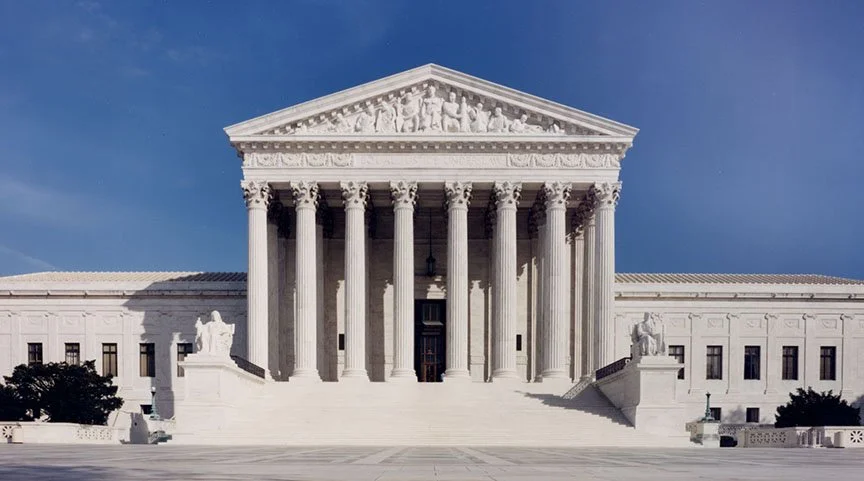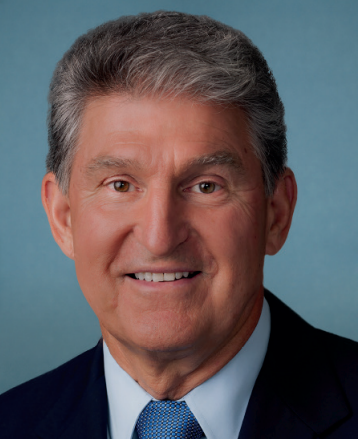We Fight the Clean Water Act Apocalypse
The U.S. Supreme Court on the Clean Water Act and hydro-relicensing
We’ve been talking about the importance of the Clean Water Act in Federal Energy Regulatory Commission (FERC) hydropower dam licensing for years. The Clean Water Act gives states and certain tribes substantial influence in any potentially revised operations of the many hydroelectric dams up for their 30–50-year relicensings in California and the nation.
But the Act’s provisions have been uncomfortable for many dam owners. The result: litigation.
That means our (your) lawyers have been needed. Last year, Friends of the River and some other key environmental groups active in hydro-relicensing won a key case (as amici) in the California Supreme Court (FOR, SYRCL, CSPA, along with the Center for Biological Diversity, and Friends of the Eel) and two cases in two federal appeals courts (FOR, CSPA, SYRCL, Sierra Club, and in one case, the Tuolumne River Trust). Predictably, the dam owners for the big dams on the Merced, Tuolumne, Yuba, and Bear Rivers appealed their losses to the U.S. Supreme Court. Briefs and counter briefs were filed.
The first result came in on April 17, 2023. The Turlock and Modesto Irrigation Districts’ petition to the U.S. Supreme Court to formally hear their case was denied. Our attorneys rejoiced with the two words “Petition Denied.” The next up were the three consolidated cases on the dams on the Merced, Yuba, and Bear Rivers. On May 15, that petition was denied, too. After years of litigation and preceding work on the licensing renewals, there are many smiles around here.
The ghost of the previous President haunts the Clean Water Act
While we have had some recent successes in the courts defending state and tribal authorities under the Clean Water Act, the U.S. Environmental Protection Agency under the previous President of the United States had attempted rollbacks via rulemaking. Specifically, the EPA created rules on implementing the Clean Water Act Section 401 (the section that affects hydropower relicensing) that allowed Federal Agencies to cut the states and tribes out of relicensing.
We, along with a nationwide group of environmentalists, provided comments on the draft EPA rulemaking with little to no effect. It was an ugly rulemaking far outside the law as written and U.S. Supreme Court case law.
American Rivers, American Whitewater, CalTrout, and Idaho Rivers United challenged the Trump-era rulemaking in the federal Northern District Court of California. There was early success. Last year, in injunction proceedings, the Court declared the rules illegal, or likely so. But the U.S. Supreme Court declared the finding premature and turned the matter back to the Northern District for a full trial.
The result is that the last President’s rules are the rules of the land on any water quality certification requests made after they first went into effect — until the new Biden-era rules go into effect. At best that means the end of the year.
The first lawsuits from dam owners seeking court orders to force FERC to use the options under the Trump rules have been filed (i.e. demanding that FERC waive state/tribal authority). This is what American Whitewater’s Bob Nasdor had to say about it:
“Brookfield [a dam owner] filed an appeal in the D.C. Circuit challenging FERC’s rejection of its request that FERC find that Maine waived its 401 authority by denying 401 certification due to a lack of sufficient information regarding impacts on Atlantic Salmon at the Shawmut project on the Kennebec. This is to our knowledge the first time that a power company has sought to invoke the Trump rule to argue for a substantive review of the basis for denial. American Whitewater, with the help of Andrew Hawley at WELC and Ron Shems at Tarrant Gillies in Vermont, filed for intervention this week. Brookfield is also asking FERC to find that New York waived its 401 authority when it denied certification at its West Canada Creek project under state requirements that FERC issue its EA before New York will issue a 401.
Donald Trump. Public domain.
Motions to Intervene were also filed by Maine as well as groups advocating for dam removal on the Kennebec including CLF, Atlantic Salmon Federation, Maine Rivers, TU and others.”
Our friends should be able to defeat these challenges. But there always has been no doubt that elections have consequences.
Of course, then there’s the U.S. Congress
To adapt an old saying, the Clean Water Act is never safe when Congress is in session. Some more background is needed:
Last year, the Bipartisan Infrastructure bill needed the agreement of Senator Joe Manchin (D-West Virginia) to pass the U.S. Senate and reach the President’s desk. Manchin’s price: a weakening of the U.S. Clean Water Act. Big Coal is powerful in West Virginia. With little choice, last year the majority leader of the Senate bowed his head to Manchin and said yes.
But luckily it turned out that there was a bit of a revolt in the Senate, and the Bipartisan Infrastructure bill passed without Manchin’s amendments to the Clean Water Act, and Manchin ended up not touching Section 401 of the Act. So far, so good.
The question was, will the Manchin amendments come back?
Senator Joe Manchin. Public domain.
Somewhat for sure. This year, Senator Manchin has introduced some Clean Water Act amendments, so far without troubling Section 401 of the Clean Water Act. But there’s two years yet to go and lots of must-pass bills on which Manchin’s amendments could ride (funding the federal government, the debt-ceiling extension, naming federal post offices for campaign contributors, stuff like that).
Again, elections have consequences.



